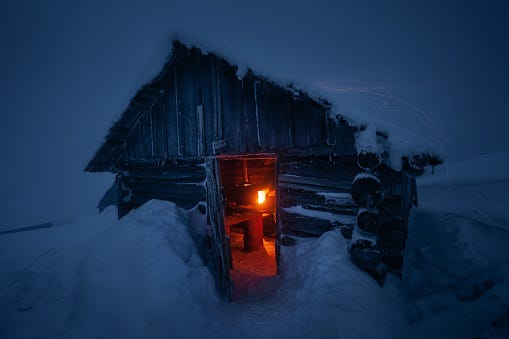Dear Friends,
During this horrible war, I am called upon to answer questions about Ukraine every day. Although some of you see me first of all as a commentator on American matters, I am a historian of eastern Europe, and have done a good deal of work on Ukraine. Often it has been my Ukrainian friends and colleagues who have helped me to conceptualize what is happening in the United States.
My six books about Ukraine represent a quarter century of research and thought. I have not often mentioned them, because I feel uneasy promoting something while people in Ukraine are suffering and dying during this unjustifiable invasion. (I will continue to make donations to Ukraine. If you can, I hope you will too. I gave some links in earlier posts. Razom offers an easy way to donate by credit card and get a tax refund.)
The book of mine that has most been on my mind during this Russian invasion is The Road to Unfreedom: Russia, Europe, America, which was prompted by the last one. It is a history of the 2010s that links Russia's first invasion of Ukraine to its interference in US elections. It deals with politics, cyber, ideology, and propaganda under Putin. It explains what lies behind the strange rationales Putin has offered for his invasion of Ukraine. It explains why Ukraine is so central to the rise or fall of democracy in general. It also offers a broad sense of the choices among political values that we face in the 2020s.
Of my six books on Ukraine, the most important for the general background of this war is Bloodlands: Europe between Hitler and Stalin. It a history of mass killing by both the Nazi and Soviet regimes. As a result of both Soviet and Nazi policy, Ukraine was the most dangerous place in the world between 1933 and 1945. The first chapter treats the Stalinist famine of 1933, the next two the Great Terror, the one after that the Nazi-German alliance (which is now a forbidden subject in Russia), and the ones after that the German crimes of the Second World War. A closing chapter on ethnic cleansing is also, sadly, relevant.
Black Earth: The Holocaust as History and Warning is a study of the murder of European Jews, with a specific focus on the east European lands where they lived. It treats Hitler's desire to control Ukrainian land as a central element. Its argument about the importance of states is, unfortunately, pertinent to current events, as Putin seeks to destroy one. Black Earth addresses in detail the questions I get about how the Holocaust by bullets proceeded in the occupied Soviet Union and about nationalism and collaboration.
The very first book I wrote that discusses Ukraine is The Reconstruction of Nations: Poland, Ukrainian, Lithuania, Belarus, 1569-1999. It is about the emergence of Ukrainian and other modern nations from the old Polish-Lithuanian Commonwealth. Although it does not deal with Russian propaganda about the past, it does give some of the basic lines of history analysis that can help reveal where that propaganda misleads. Published twenty years ago, it does not cover the emergence of the Ukrainian civic nation in this century.
Of my six books on Ukraine, The Red Prince: The Secret Lives of a Habsburg Archduke, is perhaps the gentlest read. Its subject is an Austrian prince who chooses Ukrainian identity, aims at one time for a Ukrainian throne, and dies under interrogation by the KGB. Its point is nations are a matter of commitment, not fate. It closes with a discussion of the first Maidan, in 2004-2005, when the outlines of the new Ukrainian civic nation were beginning to clarify.
My close colleagues tend to think that Sketches from a Secret War: A Polish Artist's Mission to Liberate Soviet Ukraine is my best book. It deals with the Polish-Soviet contest over Ukraine in the 1920s and 1930s. Its protagonist was an artist who spent thirteen years in the underground. It explains at length Soviet espionage tactics, knowledge of which is very useful at the moment. It contains my most thorough archival work.
Thanks to those of you who took part in the discussion thread last night. I will keep writing about the present as best I can, and take up some of your questions. But insofar as I have any special insight about the present I owe it to history. And insofar as I have any special insight about history, I owe it in significant measure to Ukrainians who taught me the language, assisted me in archives, helped me with sources, or who wrote their own valuable books. They are now among the millions of people resisting or seeking shelter from this atrocity. Please help them any way you can.
Best,
TS



Thank you for all of your books and your Thinking about posts. I have read and appreciated all of your books and recommend them to others as must reads. With family and friends still in Ukraine and others who are now refugees, I find your works have helped me both better understand context for where we are now, while also raising my level of apprehension for our shared future. 🙏🏻
History helps to provide context for the present and provide possibilities for the future. It should also provide lessons to help us choose better destinies. It seems unfortunate that too many fail to take seriously or perhaps understand those lessons. So we seemed doomed to the recurrence loop. Thank you for trying to teach those lessons. I also send my regrets that it seems too many of us suffer the same fate as Kassandra - not to be heeded.
thank you for your truly extraordinary, tirelessly generous, and brilliant work